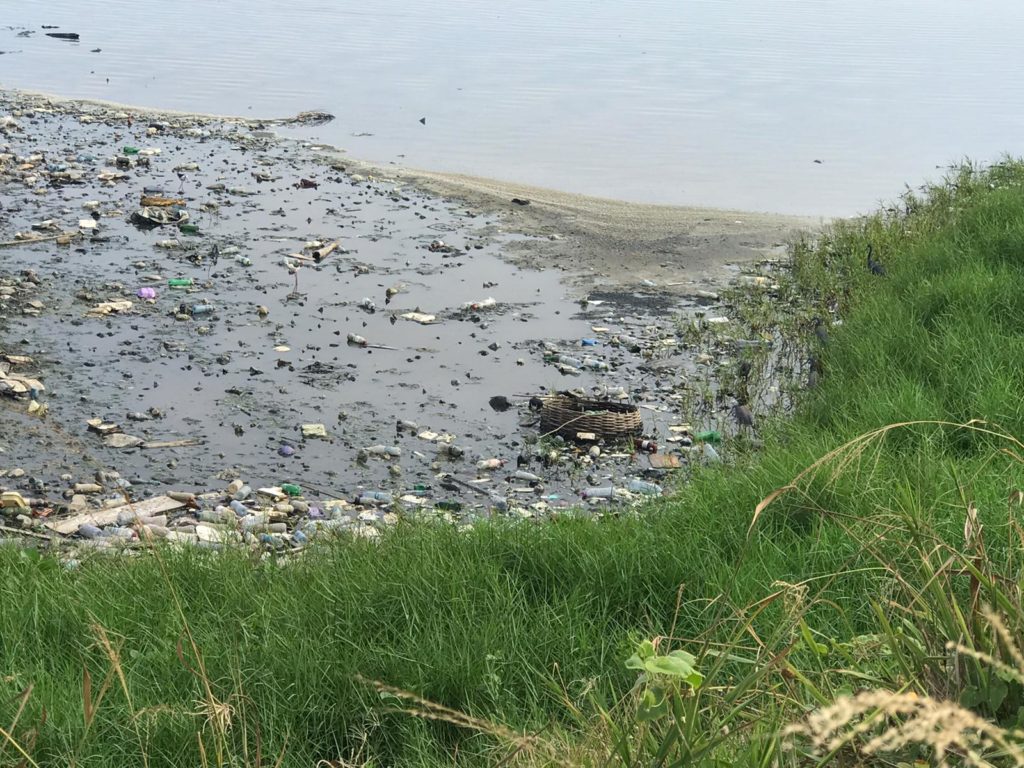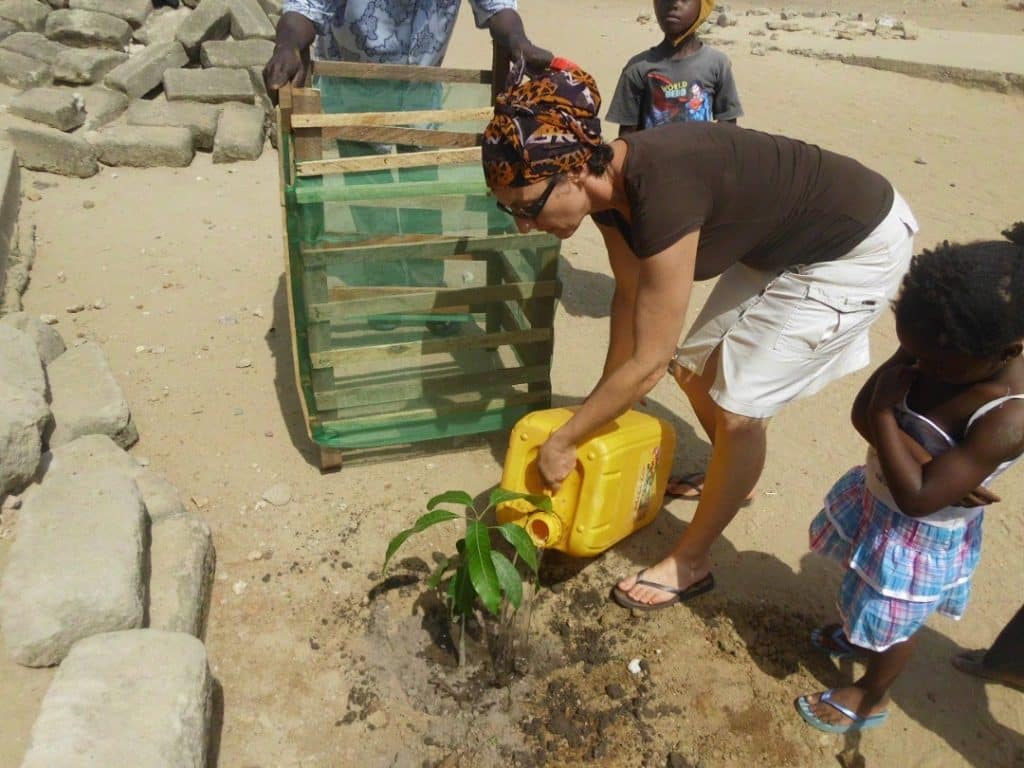The Ghanaian Government has developed a Climate Change Action Plan to mitigate the impact of climate change. The plan aims to reduce greenhouse gas emissions, adapt to its effects, and mobilize finance for climate action. In this article, we will discuss the plan’s key objectives, initiatives, and progress so far.
The Impact of Climate Change on Ghana
The country’s Agriculture, water resources, and coastal areas are particularly vulnerable to these effects. For instance, changes in rainfall patterns are impacting crop yields and food security, while rising sea levels pose a threat to coastal communities and infrastructure.
To tackle these challenges, the Ghanaian government has created a Climate Change Policy and a National Climate Change Adaptation Strategy. These documents serve as a framework for addressing the effects of climate change through various measures, such as mitigation, adaptation, and capacity building.
Ghana’s Climate Change Policies and Actions
The Ghanaian government has taken measures to address the impact of climate change by developing a Climate Change Action Plan. The plan has three primary objectives to decrease Greenhouse gas emissions, to adapt to the consequences of climate change, and to secure funding for climate action.
To achieve these objectives, the plan highlights various initiatives across different sectors, such as energy, agriculture, transport, and waste management. These initiatives include the promotion of renewable energy use, improved land-use practices, the encouragement of sustainable transportation, and the implementation of climate-smart agriculture practices.
Additionally, the government has set up a Climate Change Fund that supports financing for mitigation and adaptation projects. The fund receives international climate finance and domestic sources, such as a levy on fuel sales.
The Role of Government in Implementing the Action Plan
The Ghanaian government has a central role to play in implementing the Climate Change Action Plan. This involves coordinating the efforts of different ministries, agencies, and stakeholders, and ensuring that the initiatives outlined in the plan are effectively implemented.
To support the implementation of the plan, the government has established a National Climate Change Committee, which is responsible for overseeing the implementation of the plan and ensuring that it remains aligned with national development priorities. The committee is made up of representatives from different sectors, including government, civil society, academia, and the private sector.
The government has also established a Climate Change Secretariat, which provides technical support to the National Climate Change Committee and coordinates the implementation of the plan at the national level.
Strategies for Reducing Greenhouse Gas Emissions
Reducing greenhouse gas emissions is a key objective of Ghana’s Climate Change Action Plan. To achieve this, the plan outlines a range of initiatives across different sectors, including energy, agriculture, and waste management.
In the energy sector, the government aims to increase the share of renewable energy in the country’s energy mix. This includes the development of solar, wind, and hydroelectric power projects, as well as the promotion of energy efficiency measures.
In the agriculture sector, the government aims to promote sustainable land-use practices, such as agroforestry and conservation agriculture. These practices can help to sequester carbon in the soil, reducing greenhouse gas emissions.
In the waste management sector, the government aims to reduce the amount of waste generated and increase the amount of waste that is recycled or composted. This can help to reduce greenhouse gas emissions from landfills.
Initiatives to Promote Renewable Energy Sources
When it comes to renewable Energy The government has set ambitious targets of raising the proportion of renewable energy in the national energy mix to 10% by 2020 and 20% by 2030. To achieve these targets, the government has made significant strides in implementing numerous initiatives such as the development of wind, solar, and hydroelectric power projects. Furthermore, the government has established the Renewable Energy Master Plan, a comprehensive blueprint for the development of renewable energy in the country. This master plan outlines strategic measures to enhance investment in renewable energy, improve the regulatory framework, and increase access to financing for renewable energy projects.

Adaptation Measures for Vulnerable Communities
Ghana’s Climate Change Action Plan has set an essential objective of adapting to the effects of climate change. The plan recognizes that coastal communities are particularly vulnerable to the impacts of climate change. To address this issue, the government has implemented a range of Adaptation measures, including constructing sea defense walls and relocating communities from vulnerable areas. Additionally, the government has developed early warning systems for severe weather conditions and is promoting the utilization of climate-resistant crops. Moreover, the government has established the National Climate Change Adaptation Fund, which finances adaptation projects, backed by international climate finance and domestic sources, such as a levy on fuel sales.
Challenges Facing the Implementation of the Action Plan
Implementing the Climate Change Action Plan is not without its challenges. One of the main challenges is the lack of funding, both from domestic sources and international climate finance. This has led to delays in the implementation of some initiatives and has limited the scope of others.
Another challenge is the lack of awareness and capacity among stakeholders, particularly at the local level. This can make it difficult to effectively implement initiatives and can limit the sustainability of projects over the long term.
This requires effective coordination between different sectors and stakeholders and a commitment to continuous monitoring and evaluation.
Stakeholder Engagement and Participation
Engaging stakeholders is an important aspect of implementing the Climate Change Action Plan, government has taken steps to ensure that stakeholders get involved in the development and implementation of the plan and that their views are taken into account.
To this end, the government has established a National Climate Change Forum, which provides a platform for dialogue and collaboration between different stakeholders. The forum is made up of representatives from government, civil society, academia, and the private sector.
In addition, the government has established a Community-Based Climate Change Action Program, which aims to empower communities to take action on climate change. The program provides training and support to communities and encourages them to develop their climate change adaptation and mitigation projects.
Conclusion and Future Outlook
The Climate Change Action Plan in Ghana aims to reduce greenhouse gas emissions, adapt to climate change impacts, and generate finance for climate action. The government has launched initiatives promoting renewable energy, sustainable land-use practices, and climate-smart agriculture. Challenges include insufficient funding and low stakeholder awareness. Collaboration and prioritizing climate action are crucial for creating a sustainable and resilient future.

